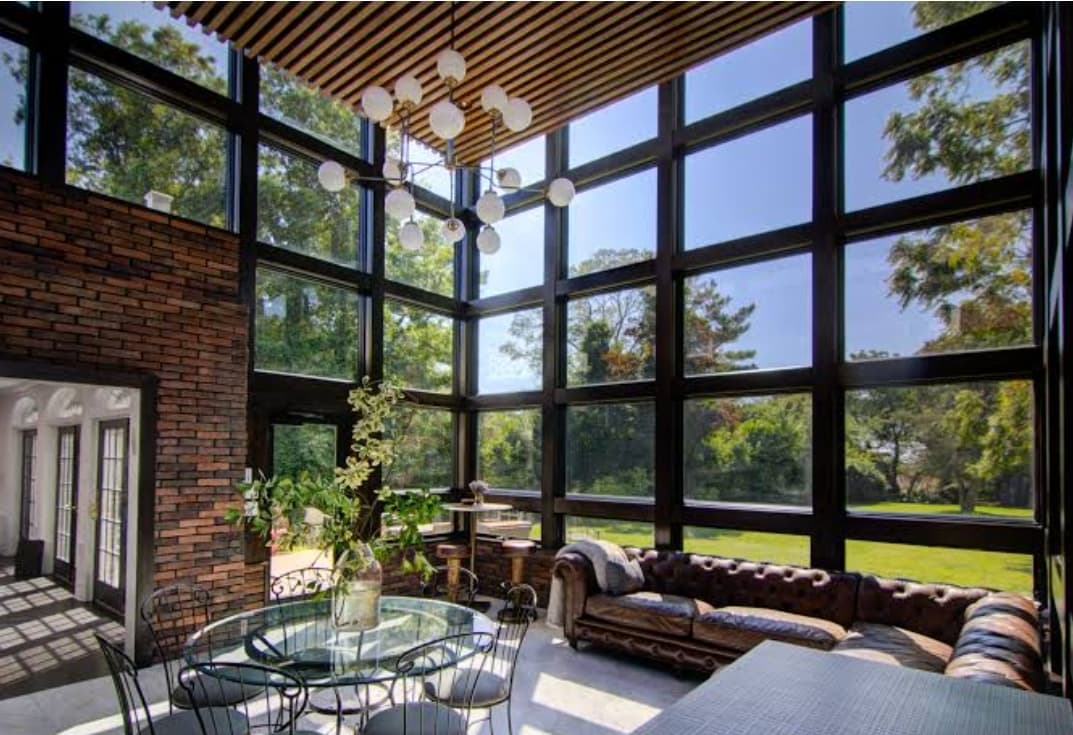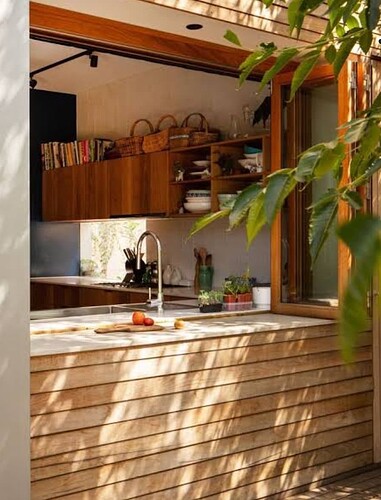Sustainable water management is an important aspect of modern home renovation. By incorporating efficient systems for collecting, reusing, and conserving water, homeowners can reduce utility costs and create environmentally responsible living spaces.
Rainwater harvesting is one of the most effective strategies. Roof runoff can be collected in tanks and used for irrigation, toilet flushing, or even laundry. This reduces reliance on municipal water and provides a reliable supply for non potable uses.
Greywater recycling is another practical solution. Water from sinks, showers, and washing machines can be treated and reused for irrigation or toilet flushing. This approach lowers water consumption and minimizes the strain on local water supplies.
Low flow fixtures and appliances also contribute to sustainability. Toilets, faucets, and showerheads designed to use less water maintain performance while conserving resources. Water efficient dishwashers and washing machines further reduce household consumption without sacrificing convenience.
Planning during renovation ensures that plumbing systems support these sustainable upgrades. Proper piping, pumps, and filtration are essential for safe and effective operation. Integrating these systems early avoids costly retrofits and ensures optimal performance.
Landscaping can complement water management strategies. Drought resistant plants, permeable paving, and strategically placed irrigation reduce water use while maintaining attractive outdoor spaces.
Sustainable water management not only benefits the environment but also enhances property value. Homes with efficient water systems are increasingly sought after by buyers who prioritize eco friendly features.
Renovating with sustainable water practices creates a home that is efficient, responsible, and prepared for the future. By combining technology, design, and thoughtful planning, homeowners can reduce waste, lower costs, and enjoy a healthier, more environmentally conscious living
space.

